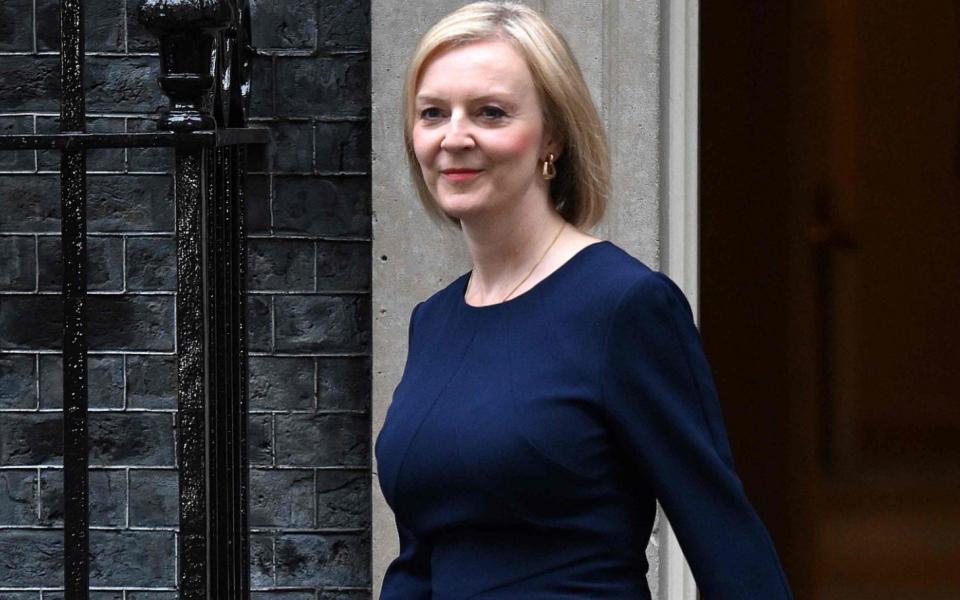Government to reveal plans for bringing down soaring cost of childcare

Ministers will set out a string of reforms to childcare in a ray of hope for working parents, the Chancellor said on Friday.
Kwasi Kwarteng told MPs that, over the next few weeks, Cabinet ministers will unveil ambitious new policies designed to drive growth.
Among them will be plans to bring down the cost of childcare, which are the second-highest among developed nations. The cost of a full-time nursery place for a child under two has risen from £236 a week in 2018 to £274 this year – a leap of 16 per cent.
One idea that has been considered in the past, including by Liz Truss, now the Prime Minister, is reducing the ratio of nursery staff to children.
At present, early years settings in England must have one member of staff for every three children aged up to two years of age. For two years and over, there must be one member of staff for every four children.
In April, it was reported that Boris Johnson wanted to relax the legal limits on staff to child ratios in nurseries as part of a drive to reduce costs for parents.
When she was schools minister in 2014, Ms Truss supported going even further, saying: “Where there is an early years educator leading a group of children, we plan to allow ratios for two-year-olds to rise from four children per adult to six children per adult, and for ones and under to rise from three children per adult to four children per adult.”
Unveiling his mini-Budget in the Commons on Friday, Mr Kwarteng said ministers would be outlining a range of changes by the end of the year.
“Over the coming weeks, my Cabinet colleagues will update the House on every aspect of our ambitious agenda,” he said. “Those updates will cover the planning system, business regulations, childcare, immigration, agricultural productivity and digital infrastructure.”
When it was reported that Mr Johnson wanted to reduce childcare ratios, Purnima Tanuku, the chief executive of the National Day Nurseries Association, warned that the move would “risk putting additional pressure on an overworked workforce while undermining efforts to give children the best start in life”.
Neil Leitch, chief executive of the Early Years Alliance, said: “It is absolutely ludicrous to suggest that the relaxation of ratios is any kind of solution to the current cost of living crisis. Such a change would be a catastrophic and retrograde step for the early years sector.
“Now more than ever, many children attending early years settings need far greater individual care and attention. Relaxing ratios will achieve the exact opposite.”
On Friday night, Downing Street declined to comment on whether Ms Truss still wanted to see childcare ratios reduced.
But a source close to Kit Malthouse, the new Education Secretary, said nothing was off the table and that he was exploring a range of options to make childcare easier to access and more affordable. The source said Mr Malthouse “wants to improve support for parents and boost economic growth through getting people back to work”.

